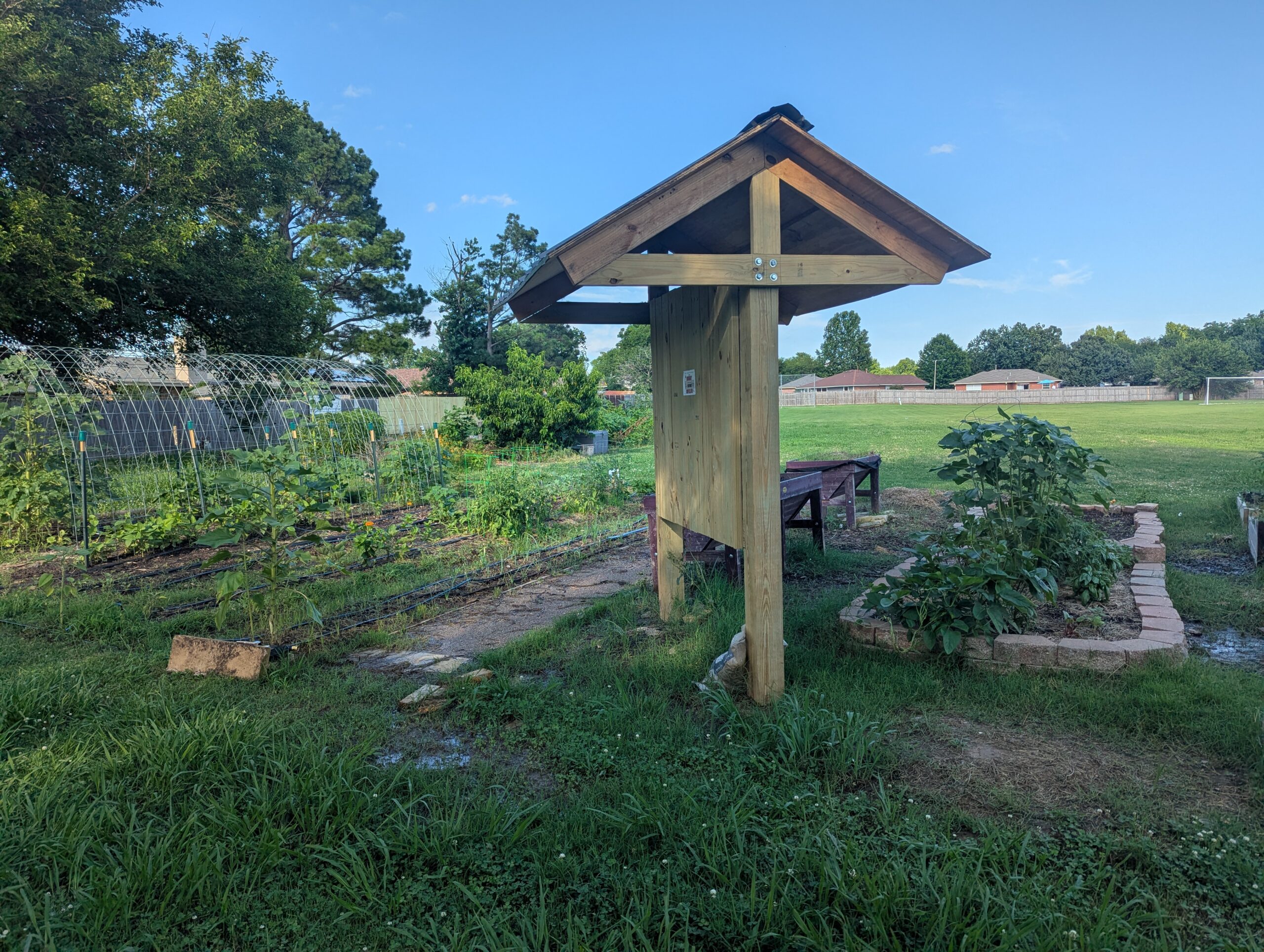Liz Bryant is a professor of history at Houston Community College. She lives in Houston, Texas, and has been a member since 2015.
Website: https://learning.hccs.edu/faculty/elizabeth.bryant
 Alma maters: BA (history and American studies), Florida State University, 2003; MA (history), University of Georgia, 2005; PhD (history), Florida State University, 2012
Alma maters: BA (history and American studies), Florida State University, 2003; MA (history), University of Georgia, 2005; PhD (history), Florida State University, 2012
Fields of interest: World War II, Holocaust and genocide studies, American history
Describe your career path. What led you to where you are today? While working on my PhD, I participated in Florida State University’s Preparing Future Faculty (PFF) program, which was designed to help graduate students become stronger teachers. One of the most valuable components of this program for me was the requirement to visit a number of colleges in order to gain different perspectives of what teaching history looked like at diverse institutions. I visited a small state university, an HBCU, and a community college as part of this program. It was during these visits that I really became interested in the role of a community college, and how student-centered these institutions are. I chose Tallahassee Community College as my mentor institution for PFF and adjuncted there during the last two years of my PhD. It was then that I knew that I wanted to teach at a community college after graduation because I really appreciated the smaller class sizes and getting to know my students individually, as well as all of the valuable services that a community college provides to the community.
What do you like the most about where you live and work? I currently reside in Houston, Texas, and am a professor of history at Houston Community College. One of the things that I love most about my job is the diversity of the student population at HCC. Every semester I teach students from all over the world, which is wonderful because not only does this lead to great discussions within the classroom, but it also helps me examine history from a different perspective as I am asked questions about American history that I might not have previously considered. This has helped me approach the past in a different way within my classroom and better incorporate a wide array of perspectives into my teaching about the past.
Have your interests evolved since graduation? If so, how? Definitely. I have always been interested in 20th-century history, specifically World War I, World War II, and the Holocaust. However, from my teaching I have found that I am actually very interested in ancient history—specifically the ancient Greeks and the ancient Romans. The contributions that they made to society still impact us today and I love the connections that my students and I are making between the ancient past and present.
I have also discovered that much to my chagrin I am a closeted military historian. In graduate school, I always studied the social effects of war. Since graduation, I have found I am much more interested in learning about the battles themselves as well as the weaponry used.
Is there an article, book, movie, blog etc. that you could recommend to fellow AHA members? The film No Más Bebés (2015) is an excellent resource, and one I was first introduced to during the 2017 AHA annual meeting in Denver. This movie discusses the involuntary sterilization of Mexican immigrants in Los Angeles during the 1960s and 1970s. I find this film to be an important resource because it raises issues that still are relevant in modern times (discrimination, immigration, women’s rights) and allows students to realize that many things that we are critical of that have occurred in other countries have often also occurred in our own backyard. I use this film for my US History II course and when teaching women’s history.
What do you value most about the history discipline? I most value the connections I am able to help my students make between the past and their own lives and see how different historical eras continue to impact us today.
Why is membership in the AHA important to you? Membership in the AHA is important to me because I really enjoy going to the annual meetings and connecting with other historians. Not only do I like to attend sessions that are relevant to community college faculty, but I also enjoy hearing what my colleagues are working on in terms of their research, and finding ways of incorporating their ideas into my classes. I have discovered many beneficial resources from the AHA, and find it to be an invaluable networking tool.
AHA members are involved in all fields of history, with wide-ranging specializations, interests, and areas of employment. To recognize our talented and eclectic membership, Perspectives Dailyfeatures a regular AHA Member Spotlight series.
This work is licensed under a Creative Commons Attribution-NonCommercial-NoDerivatives 4.0 International License. Attribution must provide author name, article title, Perspectives on History, date of publication, and a link to this page. This license applies only to the article, not to text or images used here by permission.



